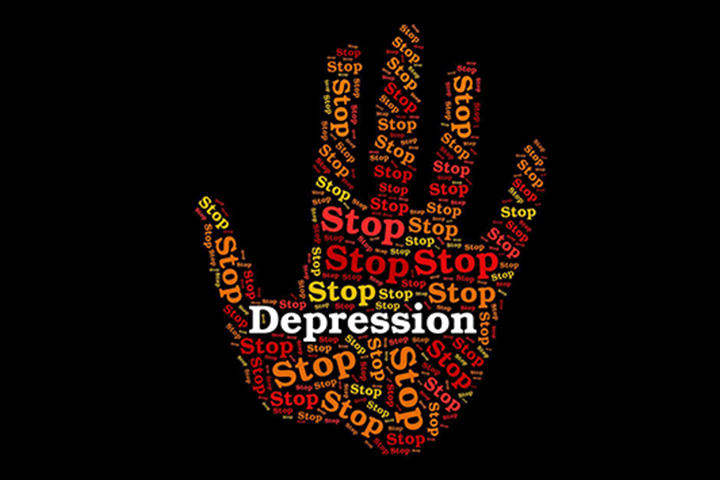April 11, 2023
The next time anyone calls you depressed when you are feeling low, give them a warm smile quoting it is not long lasting , as in cases of depression. And yes, you are right. Depression is state of low mood and aversion to activity that may last for days, months or even years. Around 350 million people worldwide are suffering from it with over 15% of sufferers commiting suicide every year. According to a research (BMC Psychiatry 2016;16:102), there is around 11.7% cases of depression in Nepal. In the context of Nepal, depression is prevalent mainly as a residue of political conflict and family with foreign country job holder.
A child do not have any responsibility or burden in his life, how can he have depression ? Do you think so ? Then you are wrong at this point. Depression can happen to anyone, at any age, and to people of any race or ethnic group: A child ,an adolescent , middle age , old or an Asian a European, or an American . Depression is actually more than just falling “down”. It is serious illness caused by change in brain chemistry. Research tells us that different factors contribute to the onset of depression, including genetics, change in hormone levels as well as certain medical conditions. A relationship appears to exist between three main neurotransmitters in the brain i.e. (dopamine, norepinephrine, and serotonin) and specific symptoms of major depressive disorder. The sufferers of depression includes physicist Isaac Newton to sportsperson like Mike Tyson. Even Abraham Lincoln, the 16th U.S president suffered from depression because of death of his first love at some phase of his life.
Although there are known effective treatments for depression, fewer than half of those affected in the world receive treatment for the depression. Anti depressants have become the safer and easier to tolerate with efficacy of nearly 75% . With SSRIs and TCAs forming a benchmark antidepressants, there has been advancements up to delivering anti depressants directly to the brain. A report by World Health Organization (WHO) indicates that by 2030, depression will be the leading cause of disease burden in the world. So, can we face the challenge in the management of depression to make this world a better place ? Definitely yes. All we need is collaboration between consumers, providers, academia and health plans.
Finally, “What the caterpillar calls the end of the world, the master calls a butterfly”. Lets march against depression by developing proper medication , positive attitude and a supportive environment
